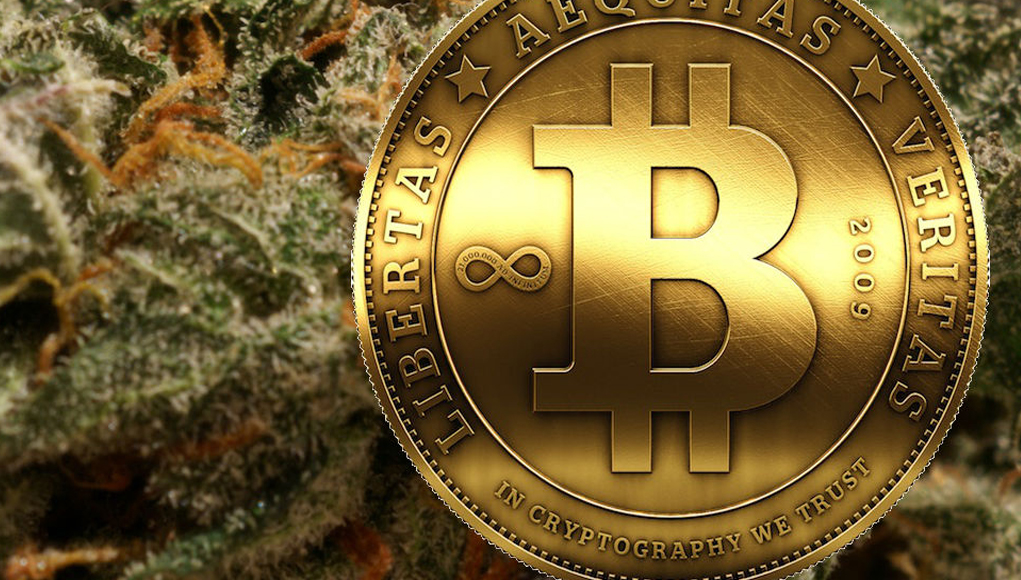中国央行突袭检查交易平台,比特币价格再次下跌

|
中国央行在上周三宣布,对北京和上海的大型比特币交易平台展开现场检查,使这种秘密货币的价格下跌超过10%,跌至三周新低。 据中国人民银行表示,对比特币中国(BTCC)、火币网(Huobib)和币行网(OKCoin)等比特币交易平台进行的调查,目的是发现各种潜在违规行为,包括操纵市场、洗钱和非法融资等。但其并未公布是否发现了任何违规情况。 中国政府一直在不断采取措施阻止资金外流,减缓人民币贬值的压力。去年,人民币兑美元贬值了超过6.5%。 在此次现场检查之前,中国人民银行曾发出警告,公开要求投资者理性、慎重对待比特币投资。不论是否巧合,现在,比特币的交易模式开始变得与过去两年中国金融市场出现的一系列泡沫惊人地相似,比如股票、房地产和铁矿石期货等等。 中国的交易平台占到了这种隐秘货币逾90%的交易量。随着比特币价格的不断上涨,再加上其相对的匿名属性,有人认为比特币成为了精通技术的中国人对冲人民币的一种具有吸引力的选择,可以规避关于个人每年可购买外汇限额的规定。去年年底,这些规定变得更加严格,中国政府推出了详细的调查问卷,要求购买者回答为什么需要购买外汇。 中国人民银行上海分行表示,其在上周三检查了比特币中国。 声明称:“此次检查的重点是该企业是否超范围经营,是否未经许可或无牌照开展信贷、支付、汇兑等相关业务,是否涉嫌操纵市场,是否违反反洗钱规定,或是否(存在)资金安全风险等。”中国人民银行的北京总部关于对币行网和火币网的突袭检查,也发表了类似的声明。 上海比特币中国的CEO李启元确认了此次检查,但他表示,相信公司没有违规。 他通过电话告诉路透社:“我们认为我们完全符合中国有关比特币交易的所有现行规章制度。 我认为这并不是一次检查。而是与我们密切合作,深入了解我们的业务模式和比特币交易行业。”李启元称此次会面“成果显著”。 一位拒绝透漏姓名的火币网高管确认,中国人民银行在上周三检查了他们的办公地,但拒绝提供详情。币行网的发言人告诉路透社,其平台仍在正常运营,公司也在配合当局的工作。(财富中文网) 译者:刘进龙/汪皓 |
China's central bank said on last Wednesday it launched spot checks on major bitcoin exchanges in Beijing and Shanghai, knocking the price of the crypto-currency down by more than 10 percent to a new three-week low. The probe of bitcoin exchanges, including BTCC, Huobi and OKCoin, was to look into a range of possible rule violations, including market manipulation, money laundering and unauthorized financing, the People's Bank of China (PBOC) said. It did not say if any violations had been found. Chinese authorities have been ratcheting up efforts to stop capital outflows and relieve pressure on the yuan to depreciate. The currency lost more than 6.5 percent against the dollar last year. The spot checks follow a shot across the bows from the PBOC, when it publicly urged investors to take a rational and cautious approach to investing in Bitcoin. Whether by coincidence or not, trading patterns in Bitcoin are now starting to look uncannily like a series of bubbles in Chinese financial markets over the last couple of years, in assets as diverse as stocks, housing and iron ore futures. Chinese exchanges account for over 90% of trading in the crypto-currency. With its soaring price and the relative anonymity it affords, some believe Bitcoin has become an attractive option for tech-savvy Chinese to hedge against the yuan and get round rules that limit the amount of foreign exchange individuals can buy each year. Those rules were tightened at the end of last year, as the authorities introduced exhaustive questionnaires asking buyers why and how they needed the foreign exchange. The Shanghai arm of the PBOC said it visited BTCC on last Wednesday. "The checks focused on whether the firm was operating out of its business scope, whether it was launching unauthorized financing, payment, forex business or other related businesses, whether it was involved in market manipulation, anti-money laundering or (carried) fund security risks," it said. The PBOC's office in Beijing put out a similar statement about its raid on OKCoin and Huobi. Shanghai-based BTCC's CEO Bobby Lee confirmed the visit, but said he believed the company was not out of line. "We think we are in compliance with all the current rules and regulations of running a Bitcoin exchange in China," he told Reuters by phone. "I wouldn't call it an investigation. I think they are working closely with us to learn more about our business model and the Bitcoin exchange industry," Lee said, calling the meeting "very fruitful." A Huobi executive who declined to be named confirmed the PBOC visited their office on last Wednesday, but declined to provide details. A spokeswoman for OKCoin told Reuters its platform was operating normally, and it was working with the authorities. |











